“Mom, I bet if you didn’t have a husband and kids, you would be in Nepal with Uncle Gabe hiking in the Himalayas.” I don’t think I have ever loved my kid more than that moment for seeing past the daily habits necessary to keep our world on its axis right into my soul that longs for adventure. Since Gabe moved to Nepal, there are daily conversations about the Himalayas in our house. As my brother was discussing the different options of hiking Mt. Everest or the more moderate, but reportedly more beautiful, Annapurna mountain, I started to think about how each parent has different types of mountains he/she must face. Parenting is NEVER easy, or cheap, or pure joy, without being mixed with sorrow. But some parents are facing Mount Everest and others are facing Lookout Mountain.
Parenting On Mount Everest
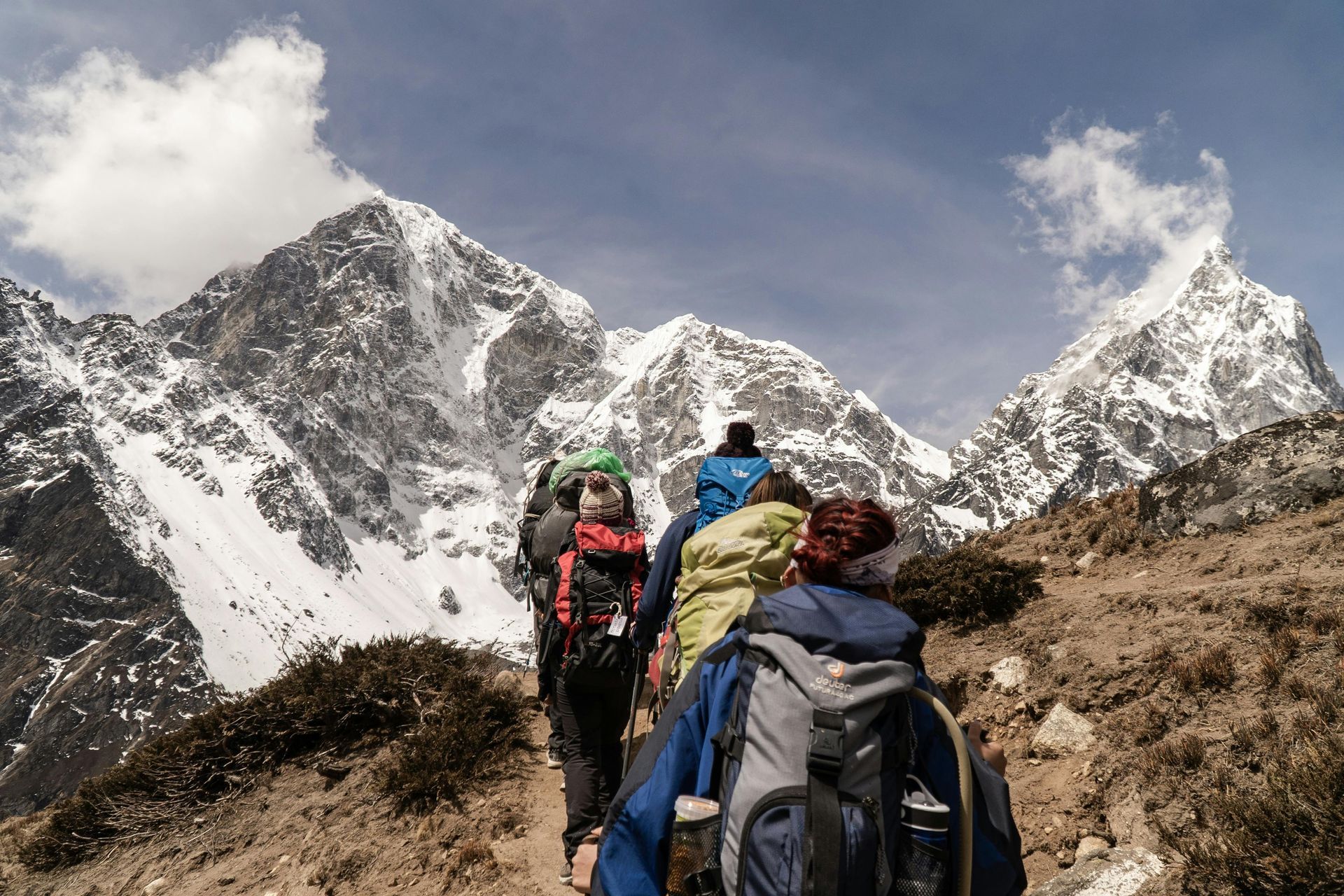
Parenting On the Appalachian Plateau
Parenting typical kids is like parenting on Lookout Mountain in Chattanooga, Tennessee. There are places there where the hike can get tough, but your chances of making it out alive with your children intact are pretty good. Sure, it is possible to sprain an ankle or break a leg opting for the more risky activities, but rescue would be close by, and you might even make the evening news becoming a celebrity. It takes very little to become a celebrity in Tennessee. There are many ways to reach the peak of that mound and many ways to descend safely. Speaking of the peak, some say you can see 7 states from the top of Lookout. Others say the farthest you can see is 100 miles, but still the visibility at the top is usually pretty clear. You can choose adventures on Lookout like skydiving or hang gliding, or you can descend the mountain by road. I have never once heard a person say, “We are going to Chattanooga this weekend. I sure hope we all get off Lookout Mountain alive!”
Parenting in the Himalayas
Did you know that great parents can have really hard kids? Often it is these very parents that are putting in ten times the effort and may never see the progress that other parents see with easy kids. These parents are parenting on Mount Everest. These parents need oxygen, training, conditioning, Sherpas, and may or may not die before descending the mountain. These parents actually wonder all the time, “Are my kids going to make it? How much longer can I climb this impossible summit? Will I still be able to climb this when I am 50? What if I die before he/she is, Ok? Can our marriage endure this stress? Will our other children hate us one day for all the resources we poured into one child?”
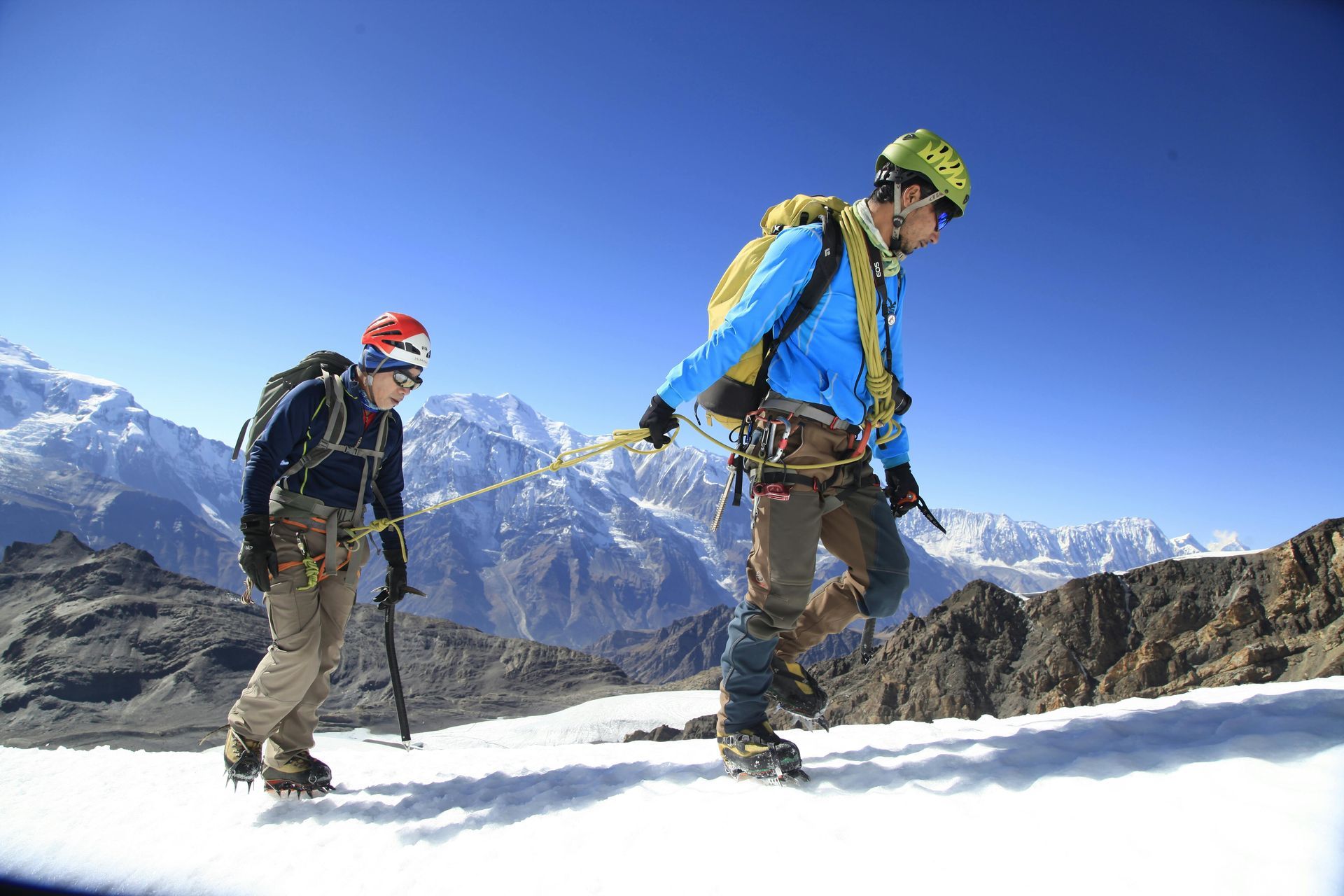
The hike is so perilous and complicated that climbers need to spend weeks sometimes just acclimating to the altitude before starting the hike. Literally, one needs weeks just concentrating on breathing and normal body functions that one should never have to spend a minute thinking about. “Hey, is my heart still beating? I wonder if my kidneys are still working.” The dangers of this type of parenting include breathing problems (panic attachs are common on Everest ) nausea (yes, throwing up after IEP meetings is a thing) impaired speech (trust me, there are days so stressful these parents are heroes for stringing words together that make any sort of sense), confusion and hallucinations (PTSD is a real thing, folks, and these parents experience PTSD from parenting on Mount Everest), and heart attacks (I have had SEVERAL rock star parents this year with early heart issues from the stress of parenting on the Himalayas).
Parenting in the Death Zone
Two thirds of the people that have died on Everest are still there, icicles on the mountain frozen in time, some becoming landmarks for hikers. When you pass the guy with the green boots, you know you are close to the finish line and be careful because the lady in the orange parka is sitting on a crumbling glacier. Over 200 people have never come back from their hike. Conditions are so treacherous that no one is willing to take them off the mountain, so they are stuck. In fact, the top part of the mountain is known as the “death zone”, and people even die descending the mountain.
Mt. Everest straddles Nepal, Tibet, and China, yet often there is no visibility from the summit. I had a friend who reached the summit of Mount Kilimanjaro in Kenya but can’t remember the last three days of the hike because her brain was so oxygen deprived. I wonder how many people reach the summit of Mt. Everest and can’t even remember what it was like. I wonder how many parents would even know if they reached the tallest peak in the world, the apex of parenthood!
Superhero Parents Trek On
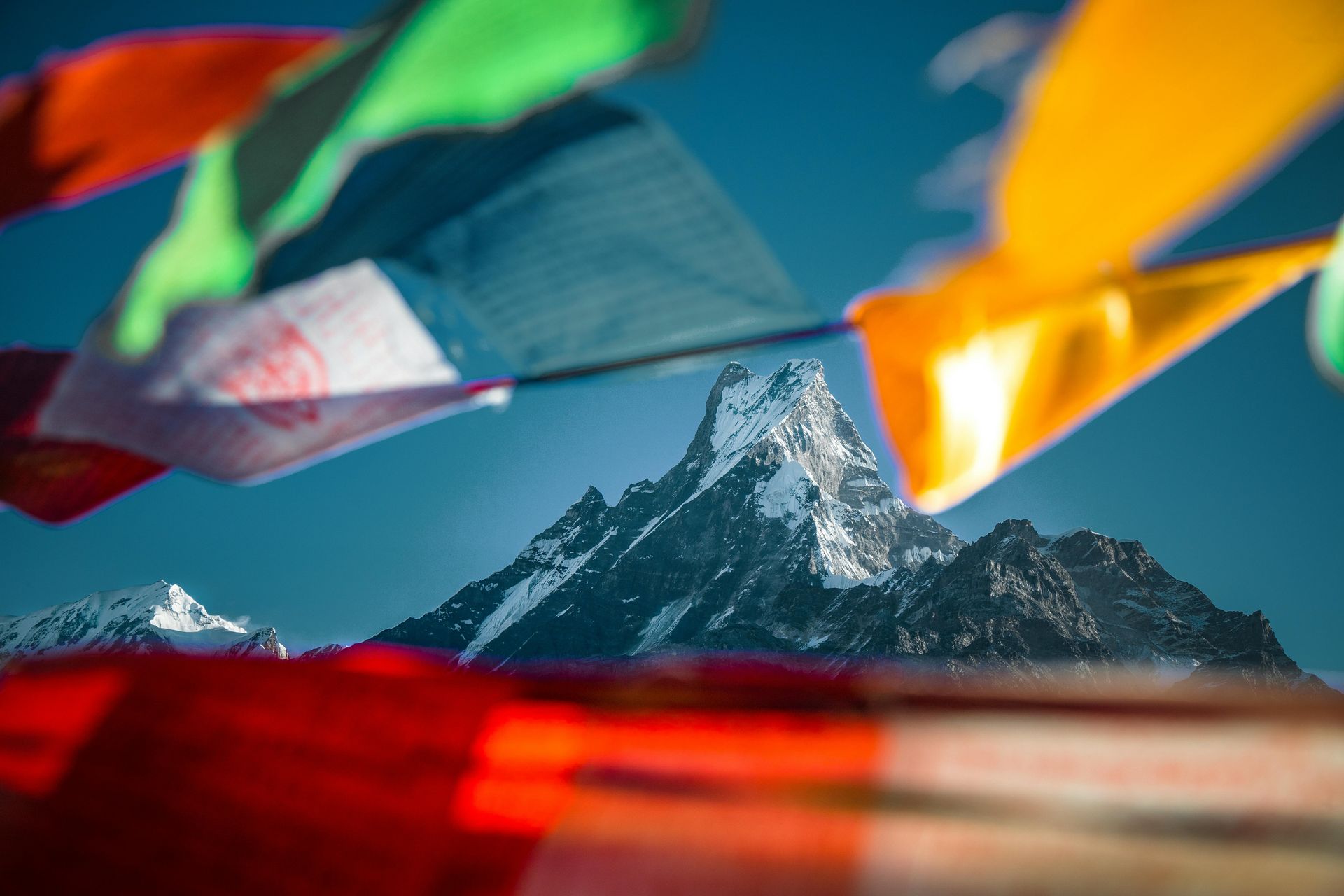
Various statistics have been reported, but only about 600 reach the pinnacle each year. I bet many people who stand at the bottom or see it from a distance say, “Shoot, why would anyone do that? It is impossible.” These superhero parents may look bedraggled, cold, frostbitten, and half-dead, but they are doing this just for a chance (an unlikely one) that they will summit this mountain eventually. I just can’t think of anything braver than this act of love for their child. I can’t think of any cause more noble than believing in your kid, despite all odds being against you. There is very little allure at undergoing such a task. These parents believe that their children have inherent value, not because they are doing something right, but because they are theirs. Their summit may mean that their child lives successfully in a group home one day. It may mean that their adult children learn to live peacefully at home. It may mean that their child is one day able to have a job. It may just mean that their child is alive at 35. Their summit brings no round of applause, no bragging rights, and no rest. Once you reach the summit of Everest, the urgency to make it down alive continues. There is no rest for these parents.
Really amazing parents can have really hard kids. Really hard kids are also really amazing kids. You can’t judge a parent based on how far he/she has climbed up the mountain. Some parents will never summit their mountain, and yet they have put forth more effort than some people can fathom. They are the ponderous superheroes with unremarkable powers but remarkable love for their child. Their powers are shown in simple acts of love – a cuddle on the couch after enduring hours of rage, the bravery of laughter after hearing their child got kicked out of yet another school, reaching for their spouse when shame is threatening to close in around them. Simple acts on Everest, where people are left frozen in time, show astonishing love and generosity.
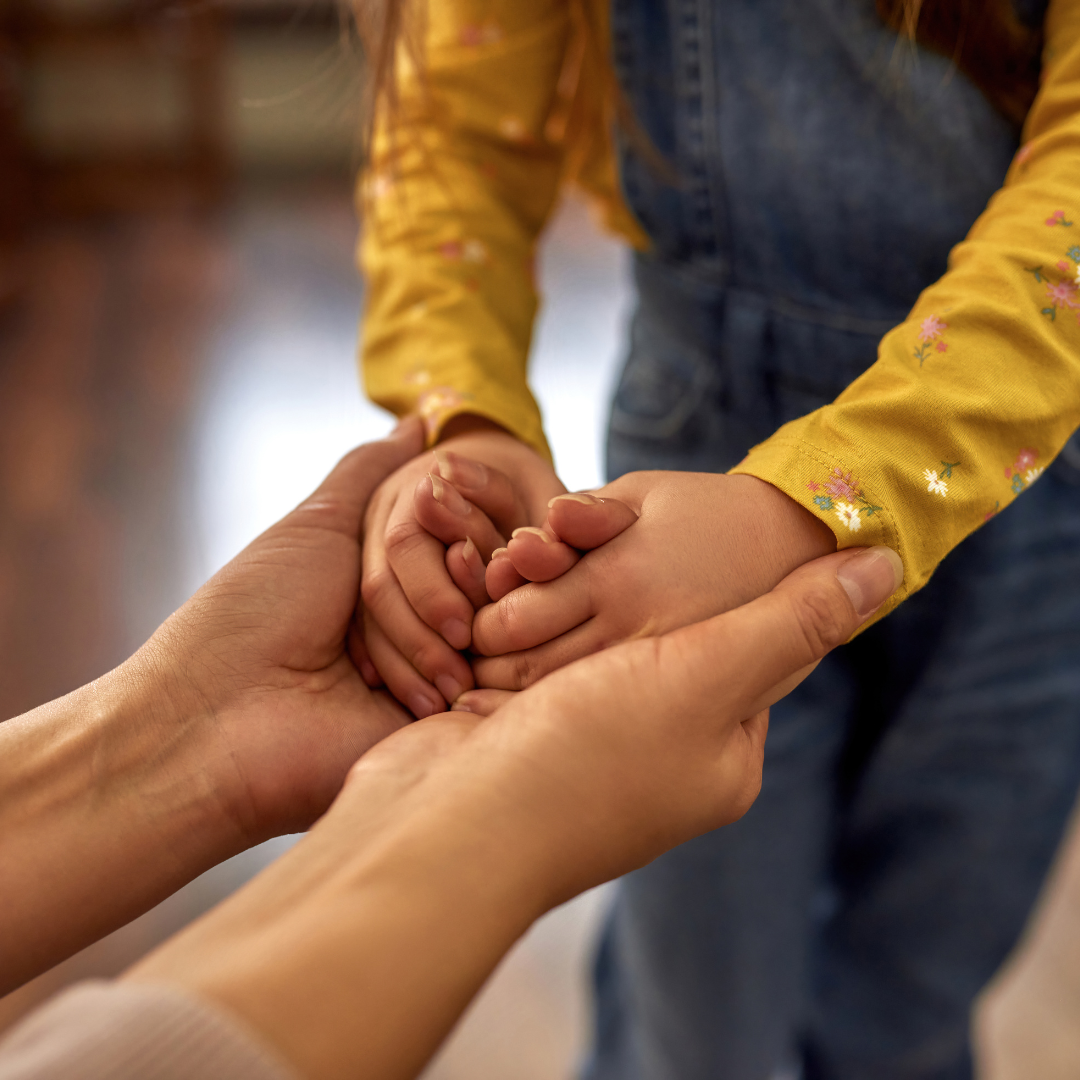


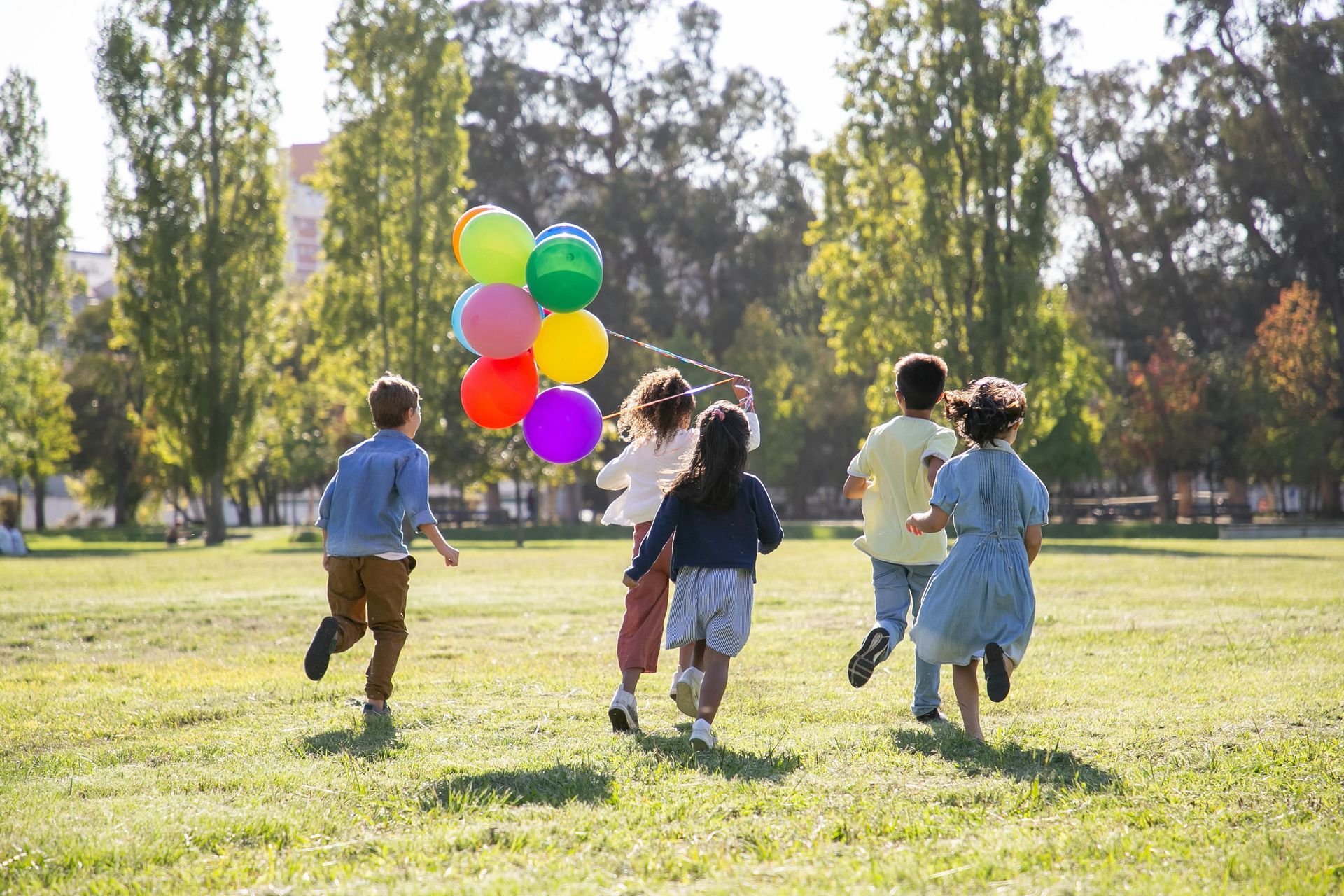

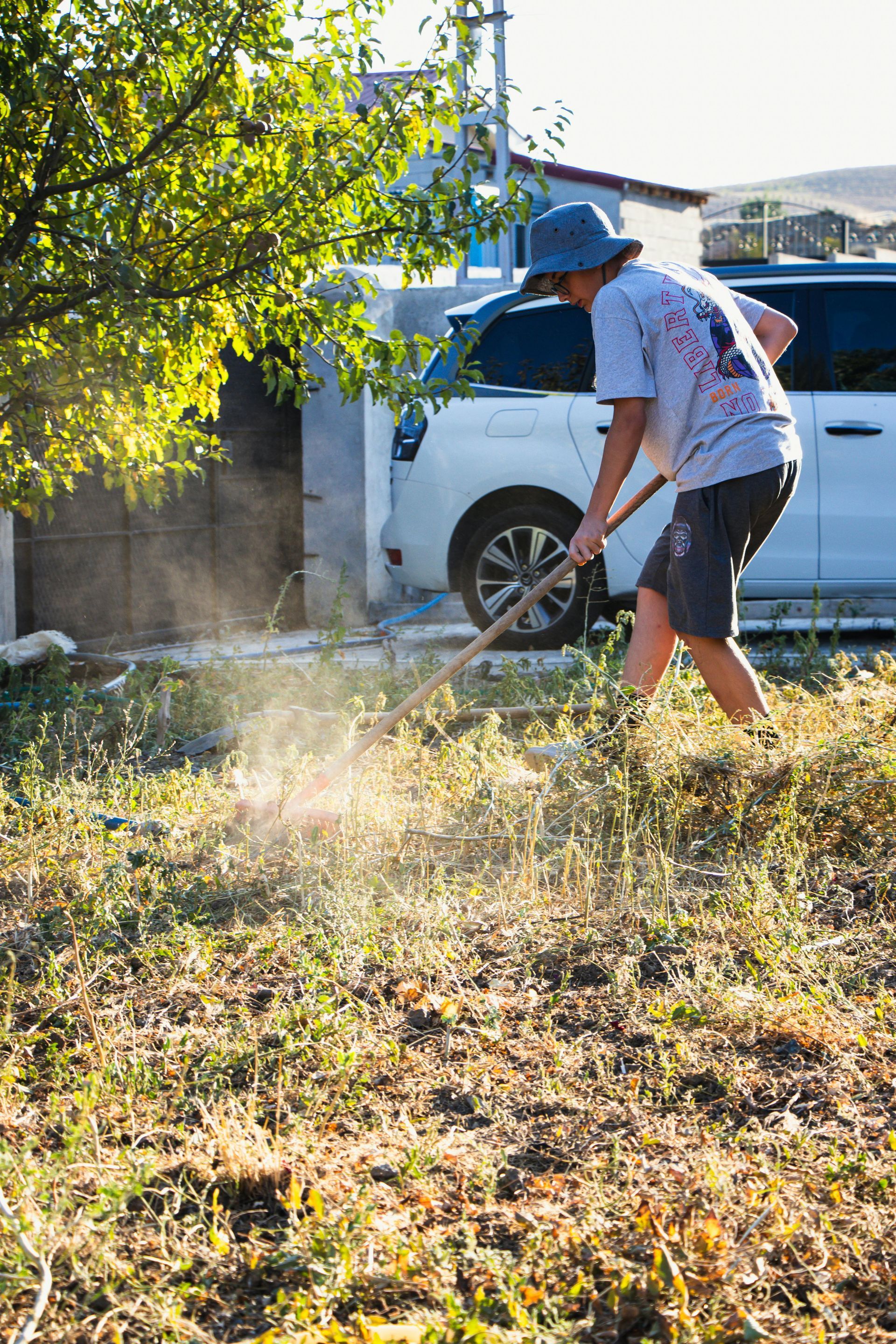

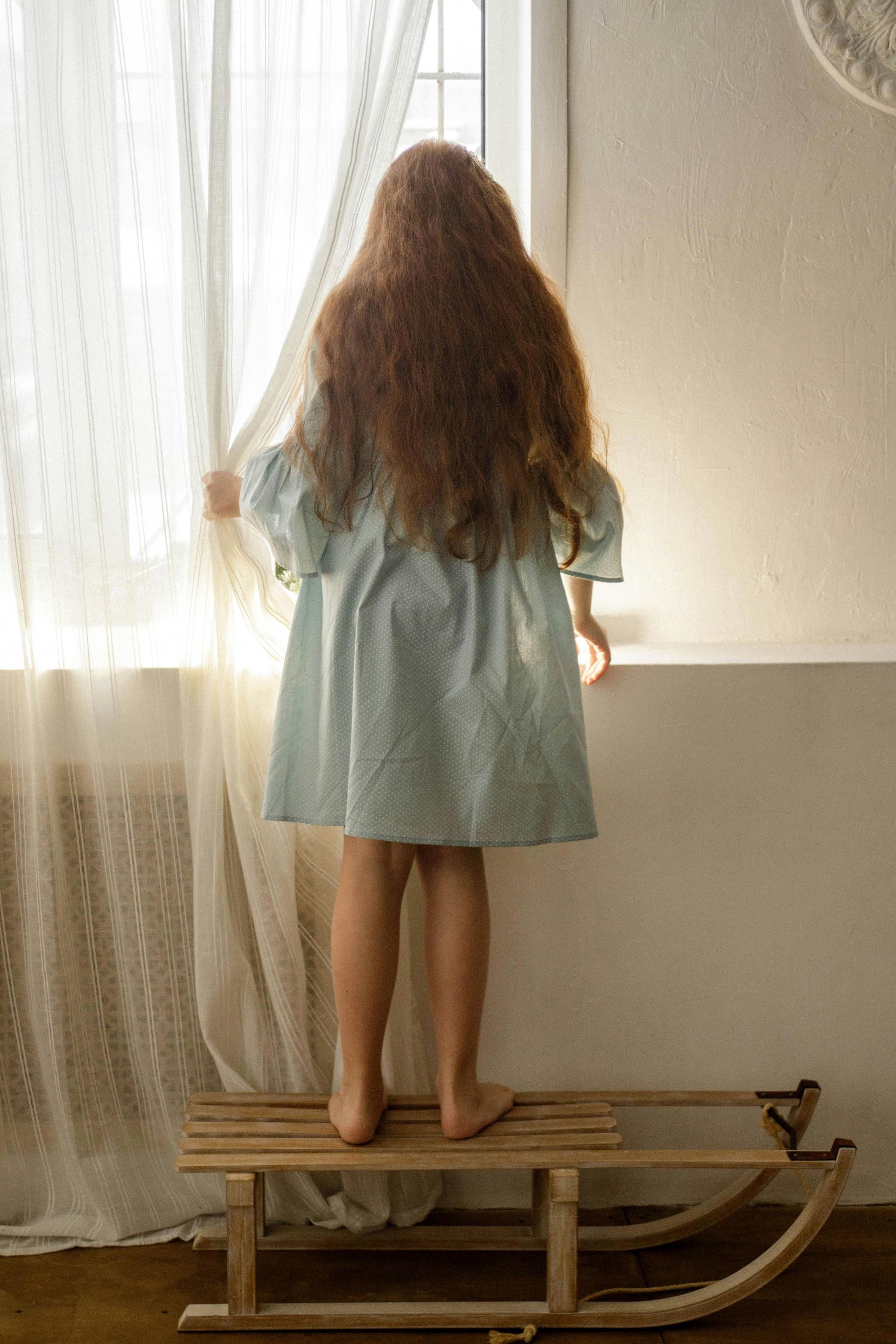
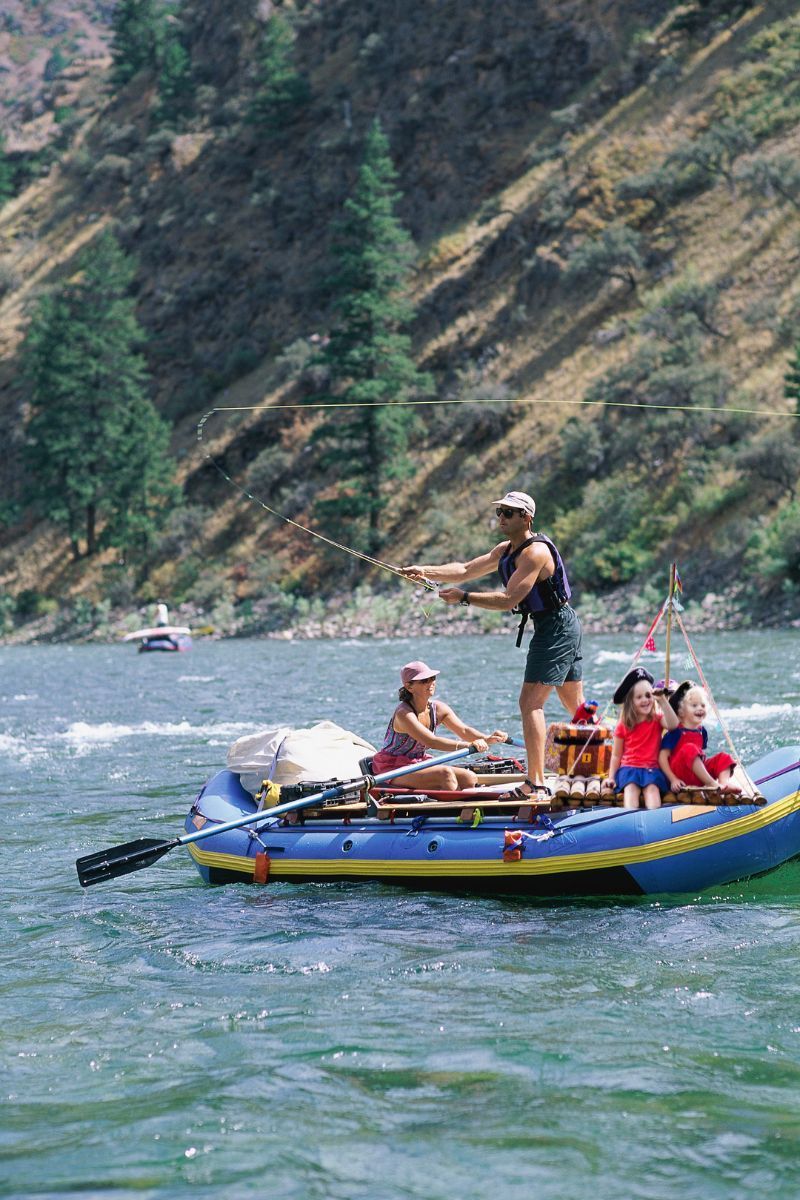
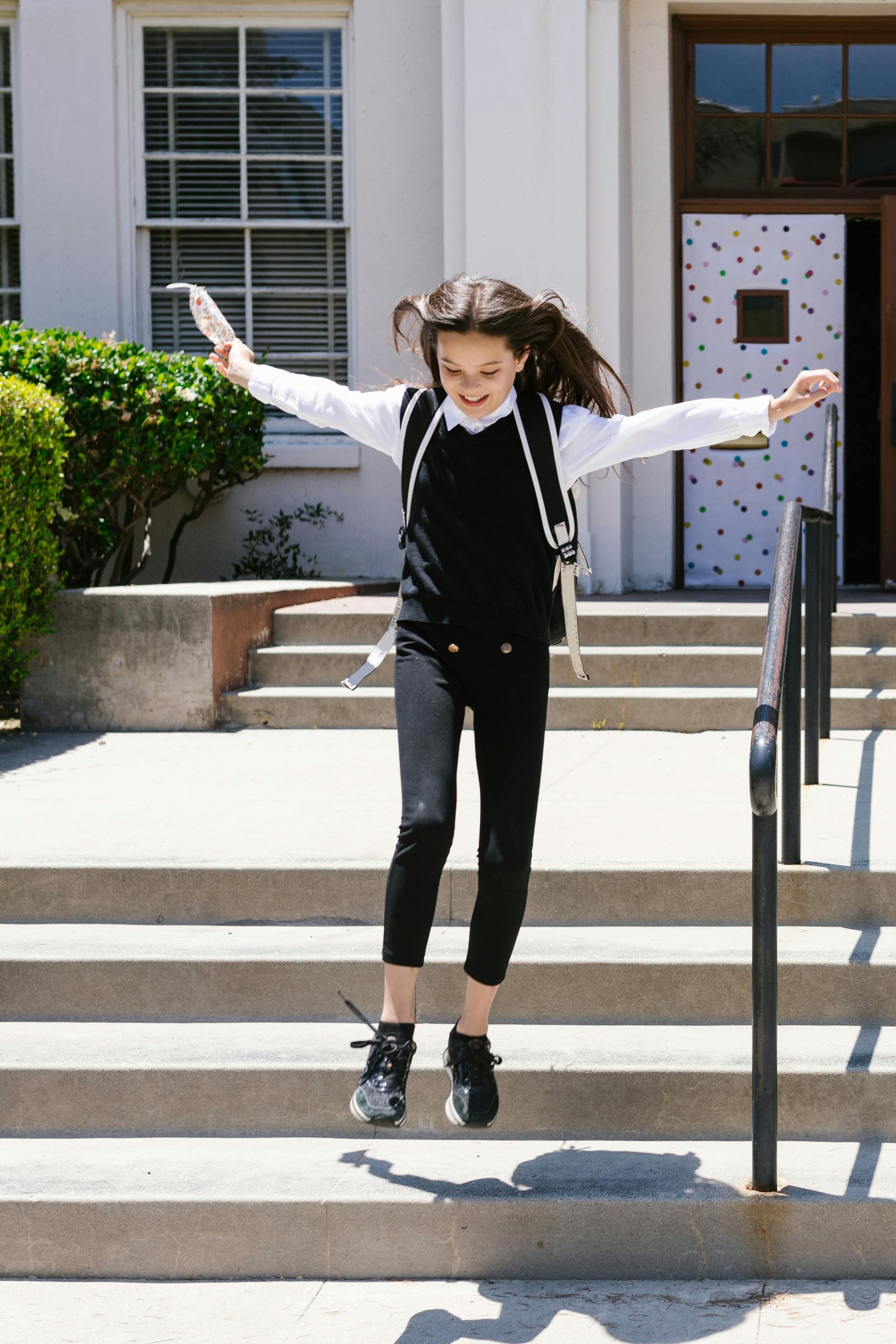
DISCLAIMER: Parenting consulting is not therapy. Melody Aguayo is not a mental health provider. She does not treat, diagnose, or assess for mental health conditions. Insurance does not EVER cover consulting fees. She is also not a crisis provider. If you are in crisis call 911, go to the nearest Emergency room or call crisis mobile at 1-866-791-9221. There is no one on-call at Real Child Consulting to deal with after-hours events. We do our best to respond to every existing client within 48 business hours.
NAVIGATION
Contact Info
(615) 498-4958
realchildscheduling@gmail.com
Serving Clients Around The World
© 2024 Melody Aguayo PhD. All Rights Reserved. | Terms | Privacy | Disclaimers

